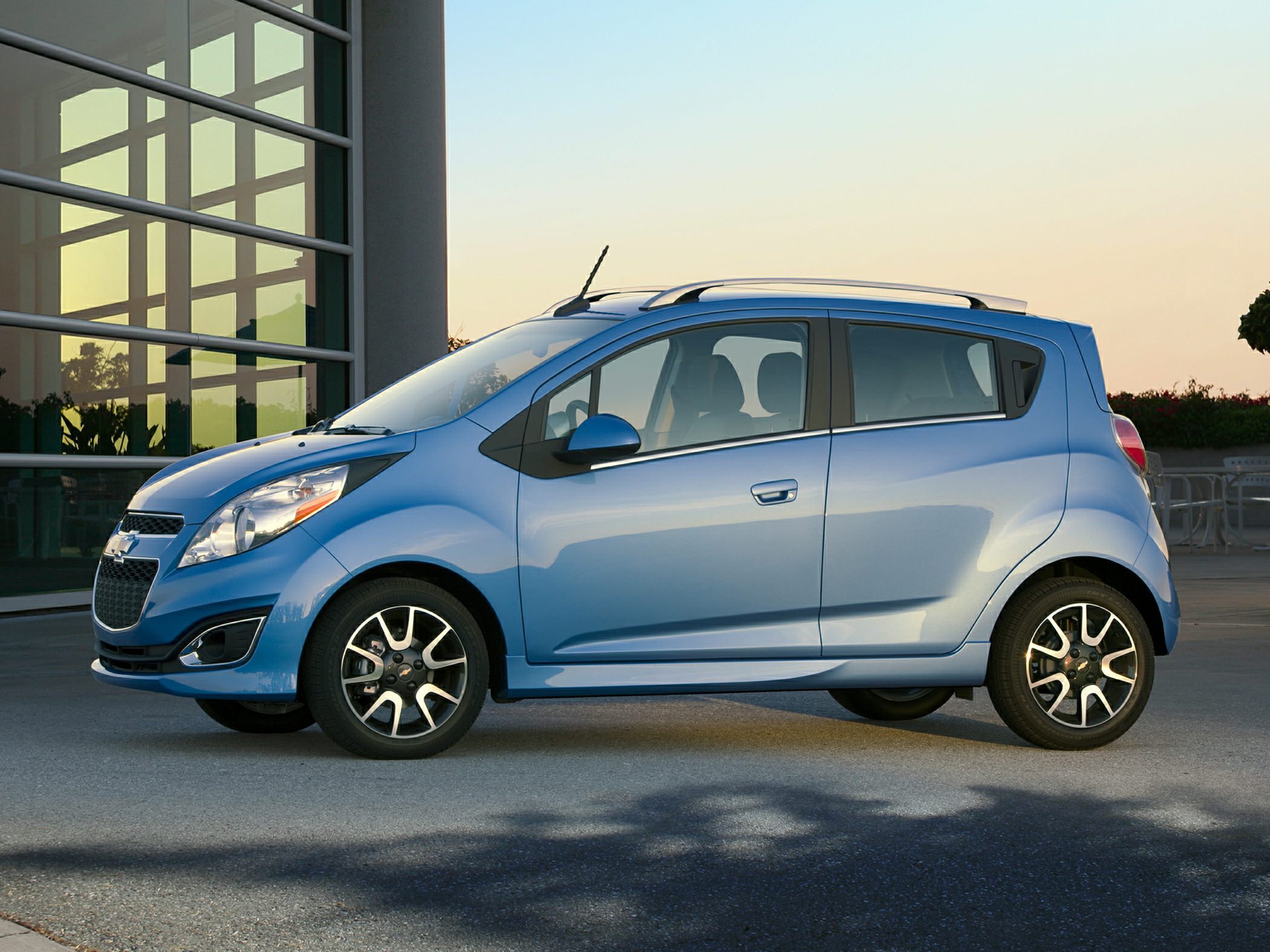The element of trust between a car dealer and a buyer is one thing that must be strong if the purchase is going to go through smoothly. After all, paying for a car is big business – it costs a lot of money and is pretty much unrivalled in terms of one-off payments, unless you buy a house or get a top-quality holiday package.
 Obviously, if you buy a car from a reputable dealer, you’ll find yourself with a much safer transaction and a trust element that is both promoted and fostered by the company you approach. What’s more, they have a much greater understanding of specific makes and models that they specialise in, while also offering a large number of related services such as insurance and mechanics. Much like private dealers, they also haggle.
Obviously, if you buy a car from a reputable dealer, you’ll find yourself with a much safer transaction and a trust element that is both promoted and fostered by the company you approach. What’s more, they have a much greater understanding of specific makes and models that they specialise in, while also offering a large number of related services such as insurance and mechanics. Much like private dealers, they also haggle.
When dealing with a private seller, you must establish a few things to ensure you have a trust element in the sale. You must check if a car is genuine, for one; demand documentation such as the V5 sheet, which tells you if the registered keeper is the seller. Current and previous MOT certificates also need to be made available, as well as the Vehicle Identification Number (VIN). Get hold of an insurance certificate and service history before carrying out a vehicle background check; this ensures the used car isn’t stolen, carrying outstanding finance and shows if it has once been an insurance write-off.
See the car with a friend too. Go during the day to check the vehicle and see it at the dealer’s home for more trust. Do your research before the visit for any faults that can arise with the model. Of course, a test drive is the best way to establish whether or not it’s right for you. Again, be sure to haggle too, as most sellers will make room for manoeuvre with the price. Finally, if the car has a private registration then it might be valuable and worth considering in your valuation of the car, you can get a private number plate valued by a private reg company who will give a free appraisal of any private registration.

































